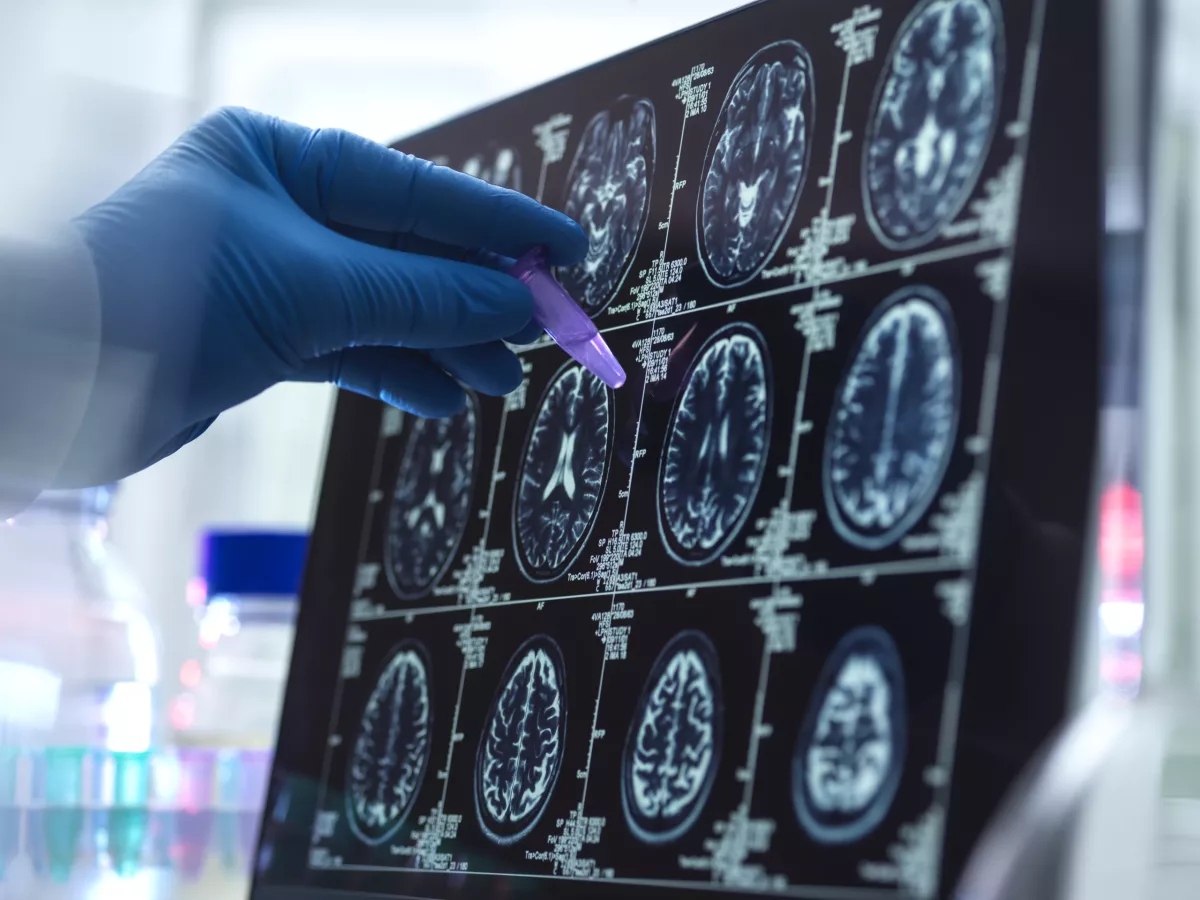A mild traumatic brain injury that may negatively affect brain function is called a concussion. However, the effects are temporary and often include headaches, sleep disturbances, mood swings, and problems with concentration, memory, and balance.
In most cases, people experience this condition due to an impact on the body or head that is linked to brain function. However, not all people who have head or body injuries develop concussions. For example, some people may lose consciousness only, without other symptoms.
One of the most common causes is falls, which are common in athletes who play contact sports, including soccer, American football, and others. In addition, almost all people recover completely after a concussion.
Symptoms
While symptoms of a concussion may be mild, they can be severe as they interact with your daily routine. Concussion symptoms usually last a few days, but some people experience them for weeks. The most common symptoms after a concussion include headache, confusion, and memory loss (also known as amnesia). Check below for other concussion symptoms:
- Headaches
- Ringing in the ears (tinnitus)
- Nausea
- Fatigue (extreme tiredness)
- Sleepiness
- Vomiting
- Blurred vision
- Confusion
Check below some symptoms that can be observed by a witness:
- Temporary loss of consciousness
- Speaking problems
- Delayed response to questions
- Dazed appearance
- Forgetfulness
Sometimes, a concussion may cause symptoms suddenly. Check below some of them:
- Personality changes (such as irritability)
- Increased sensitivity to noise or light
- Sleeping problems
- Emotional distress
- Taste and smell changes
- Difficulty concentrating
Symptoms in Children
Usually, it is hard to diagnose a concussion in infants and toddlers because they cannot talk. Check below the most common symptoms that occur in children with concussions:
- Excessive crying
- Irritability
- Listlessness
- Dazed appearance
- Lack of appetite
- Vomiting
- Sleeping problems
It is advised to see a doctor if the symptoms last several days and do not improve. However, if you experience any of the following symptoms, immediately go to the nearest emergency room or call 911 in the U.S. Examples include:
- Recurrent nausea or vomiting
- Loss of consciousness that lasts more than 30 seconds
- Blood or fluid that drains from the ears or nose
- Vision problems (including bigger pupils than usual)
- Tinnitus
- Weakness in the legs or arms
- Behavioral changes
- Confusion
- Speaking problems
- Seizures
- Convulsions
- Persistent dizziness
- Worsening of the symptoms
In addition, healthcare providers recommend avoiding returning to play or intense physical activity right away after a concussion because it may lead to unpleasant results.
Causes
This condition usually occurs due to head or body injuries that are linked to brain function. For example, during a concussion, the brain slides against the skull’s inner walls. This movement is commonly caused by a violent blow to the head, neck, or upper body, sudden acceleration or deceleration of the head, a car accident, or a fall.
While a concussion does not cause serious health problems, in some cases, it may lead to bleeding in or around the brain, long-term drowsiness, confusion, and even death (rarely). Generally, people with concussions should be monitored several hours after the condition occurs.
Risk Factors
Physicians identified some factors that could elevate your risk of developing concussions. For example:
- Activities that may lead to falls
- High-risk sports include hockey, soccer, rugby, boxing, American football, and others
- Car or bicycle accidents
- Military combat
- Physical abuse
- Not wearing protective equipment, especially during playing sports
Moreover, the risk of developing a concussion significantly increases if you have had previous ones.
Complications
Not everyone, but some people, may experience complications of a concussion. Check below some examples:
- Post-traumatic headaches – Some people may experience concussion-related headaches for a few days to weeks after the injury.
- Post-traumatic vertigo – A sense of spinning may occur after this condition, which may also last up to a few weeks.
- Persistent post-concussive symptoms (also called post-concussion syndrome) – Sometimes, symptoms of a concussion may last longer than is expected. These include headaches, dizziness, and thinking problems. It is considered that persistent post-concussive symptoms occur if they last more than 3 months.
- Recurrent brain injuries – Nowadays, researchers are studying the effects caused by multiple brain traumas that do not cause symptoms (also known as subconcussive injury). Fortunately, there is no evidence that multiple brain trauma negatively affects its function.
- Second impact syndrome – Some people may develop a quick swelling of the brain on the second concussion. This complication may lead to death.
How to Prevent a Concussion?
The following tips may reduce the risk or prevent concussions. Check below some tips:
- You should wear protective equipment, especially during high-risk sports.
- It is recommended to buckle the seat belt every time to prevent serious damage from car accidents.
- Make anything that may lead to falls. These include keeping the floors free of objects at home and others.
- Regularly exercise because it may improve your balance and strengthen your muscles.
Diagnosis
Commonly, doctors begin with a physical examination and questions about your medical history and symptoms. They also may perform some tests to confirm the condition and rule out other health problems that cause similar symptoms. Check below some examinations and tests used in a concussion diagnosis:
Neurological Examination
During this procedure, doctors will check your vision, hearing, strength, balance, reflexes, and coordination for abnormalities linked with a concussion.
Cognitive Testing
Healthcare professionals may perform multiple tests to check your memory, concentration, ability to remember information, and thinking skills. In some cases, these tests can indicate a concussion.
Imaging Tests
The following tests are usually performed when a person experiences severe headaches, seizures, persistent vomiting, or worsening of other symptoms. Doctors often perform a CT (computerized tomography) scan or an MRI (magnetic resonance imaging) scan to check for bleeding or swelling in the skull.

Treatment
Check below some treatments usually recommended by doctors for people with concussions:
Physical and Mental Rest
After a concussion, doctors recommend rest to allow the brain to recover. However, lying in a dark room without any stimuli does not help and is not advised by doctors.
In the first 2 days, you should limit activities that require concentration because they can worsen the symptoms. These include playing video games, doing schoolwork, watching TV, reading, texting, and others. Moreover, physical activities can also worsen the symptoms.
You can start mental and physical activities gradually when you notice they do not trigger the symptoms or worsen existing ones. Furthermore, light physical activity is shown to improve recovery time in some people. These include light jogging, riding a stationary bike, and others. It is not allowed to return to routine activity until the symptoms disappear completely.
Pain Relievers
Some people may experience headaches for weeks. Therefore, you can use over-the-counter (OTC) pain relievers such as Acetaminophen. In any case, you should avoid the following OTC pain relievers because they can increase the risk of bleeding. These include Ibuprofen and Aspirin.
Frequently Asked Questions
How long does it take to heal from a concussion?
Generally, the recovery time is different among the patients. However, in most cases, they heal within several weeks.
What are the primary symptoms of a concussion?
When a concussion occurs, people usually experience the following symptoms. Examples include:
- Difficulty focusing and concentrating
- Nausea
- Dizziness
- Extreme tiredness
- Headaches
However, this condition may cause other symptoms as well. These include memory problems, sleeping disturbances, irritability, mood swings, restlessness, and others. If any of them occur, do not hesitate to see a doctor.
What happens if a concussion goes untreated?
If you ignore the symptoms and do not get treatment, you can experience some complications. Check some examples below:
- Permanent brain damage
- Long-term headaches
- Cognitive impairment
- Chronic traumatic encephalopathy
- Increased risk of blood clots, brain bleeds, and seizures
- Death (rarely)
This document does not contain a complete list of concussion complications. If you have additional questions, ask your healthcare provider.



